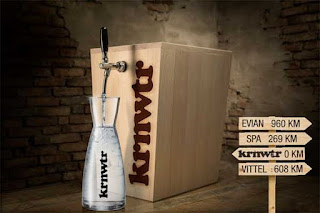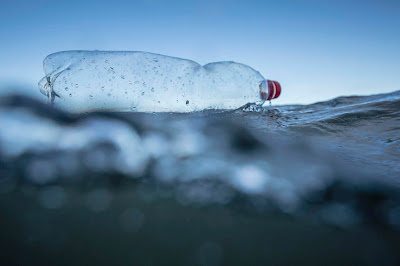Check out this great initiative: KRNWTR

KRNWTR is a Dutch initiative that promotes tapwater by producing unique water cooling systems, nice reusable water bottles, tapwater points and a good story. It is the first brand for tapwater! The goals of the social enterprise are: Informing about tapwater and the ecological, social, economical and political consequences of privatizing and bottling of water Diminishing the sale of single use plastic packaging Making tapwater mainstream Offering sustainable alternatives for bottled water. Join KRNWTR by drinking tapwater instead of buying bottled mineral water. Need a cool tapwater point at your school or the office? Or want to offer (cold!) tapwater in your restaurant? Go check out their webshop for sustainable and options. A plus: they look nice too!




